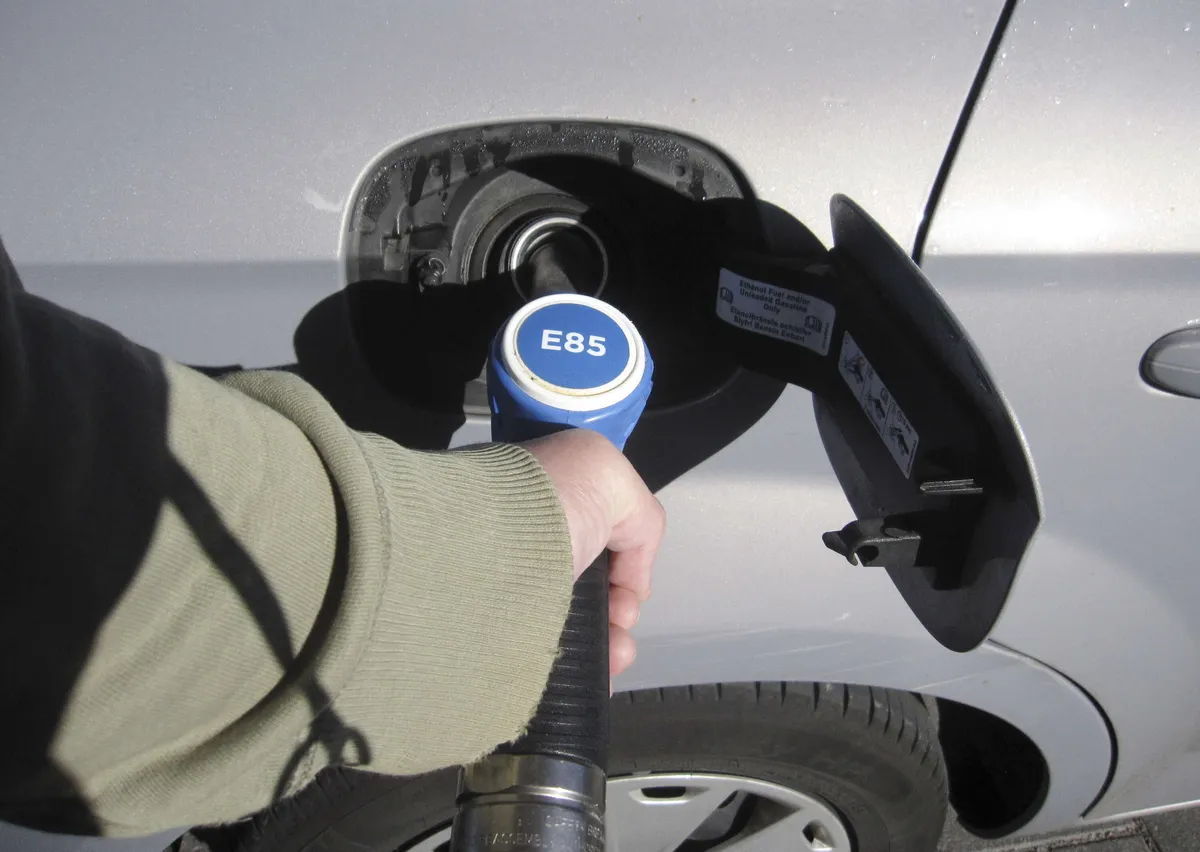The use of ethanol fuel in older gasoline engines is a promising solution to reduce pollution and fuel consumption. Ethanol can be easily added to gasoline engines, and modifications can be made to allow them to run on a mixture of ethanol and gasoline known as E85 fuel. However, the Transport and Communications Committee of the Parliament has completed a report on the government’s proposal to reinstate conversion subsidies for ethanol upgrades for citizens.
The committee proposed an amendment to extend the application period for the conversion allowance and raise the level of the conversion allowance to 350 euros. However, this change was not approved by representatives of the governing parties, and it will now proceed to the consideration of the plenary session of the parliament. Conversion subsidies for ethanol upgrades are expected to return to use by July 2024, with around EUR 2.4 million allocated funds available for this year.
Motorists who update their gasoline cars to run on renewable ethanol and have them inspected will receive a subsidy of 200 euros. To be eligible for this subsidy, car owners must apply before December 15, 2024, and meet certain requirements such as having a certificate of compatibility from their manufacturer if their car was introduced after September 1, 2009. In Finland, E85 fuel is sold at regular gas stations and is often made from domestic waste and residues, reducing fossil emissions by up to 80%. However, bioethanol-powered cars are taxed similarly as gasoline-powered cars under current taxation systems. Lowering taxes on E85 fuel could make it more affordable for consumers. The European Parliament elections are crucial in shaping future climate policies at EU level which guide national policies.
In conclusion, while there are some challenges associated with converting older gasoline engines to run on ethanol fuel, there are also significant benefits in terms of reduced pollution and fuel consumption. With proper incentives such as conversion subsidies and lower taxes on alternative power sources like bioethanol, it is possible


